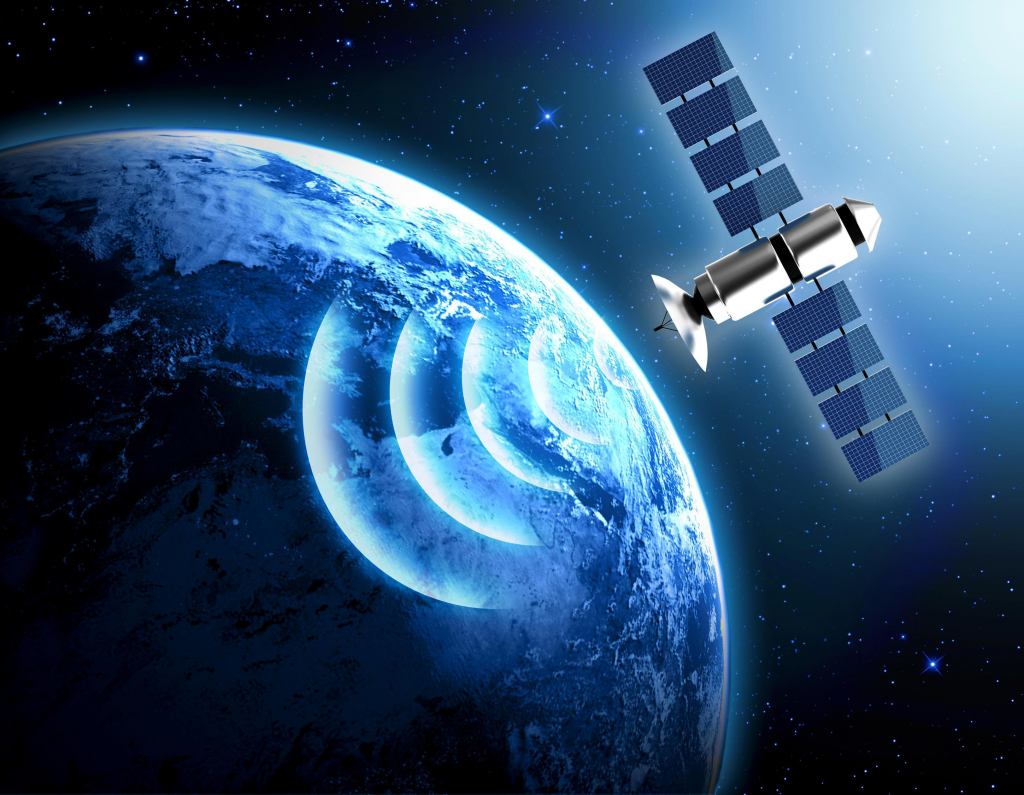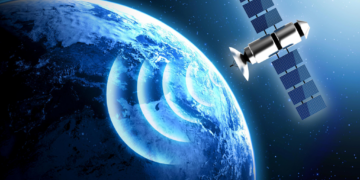
Starlink is shaking up Africa’s internet market — and it’s now the cheaper option in several countries.
Starlink’s monthly fee in Ghana is half that of that of the top local internet provider. Customers pay less for Starlink’s satellite service across at least five of the sixteen African nations where Starlink operates—including Kenya, Zimbabwe, Mozambique, and Cape Verde—than for the main fixed-line packages.
Launched by Elon Musk’s SpaceX in 2019, Starlink has grown into the world’s largest satellite internet provider, active in over 100 countries. For many Africans, it offers an alternative and an affordable way to get online, especially in places lacking strong ground-based infrastructure.
An analysis by Rest of World, using official reports and company websites, compared Starlink’s prices to the cheapest unlimited fixed-line plans offered by leading providers as of January 2025. While the monthly Starlink fee is often lower, the upfront hardware costs—ranging from $178 for a Starlink Mini in Kenya to $381 for a standard kit in Nigeria—are an added factor.
Satellite internet’s main strength is reach: as long as there’s a clear sky view, users can connect, even in remote areas. “Even in the middle of a forest, you can get online,” said Nitinder Mohan, a Delft University of Technology computer science professor.
Starlink’s effect has been particularly striking in Kenya. Since launching there in July 2023, it has gained over 8,000 subscribers, ranking among the country’s top ten providers. This competition has pushed major players like Safaricom and Jamii to cut prices, boost speeds, and explore their satellite partnerships, such as Vodacom’s deal with AST SpaceMobile.
Demand has been so high that Starlink paused new subscriptions in Nairobi and other major cities in late 2024 to avoid network overload. Plans are underway to expand infrastructure in key hubs.
Still, there are concerns. Heavy reliance on a single provider risks monopolies, price hikes, and too much control over national connectivity. Local telecoms have raised alarm about losing market share and jobs.
However, the shift has been positive for users like Nairobi investor Abel Boreve: “It’s faster, cheaper, and I can even share it with family,” he said. Starlink has become the long-awaited answer to patchy, expensive internet for many.


















